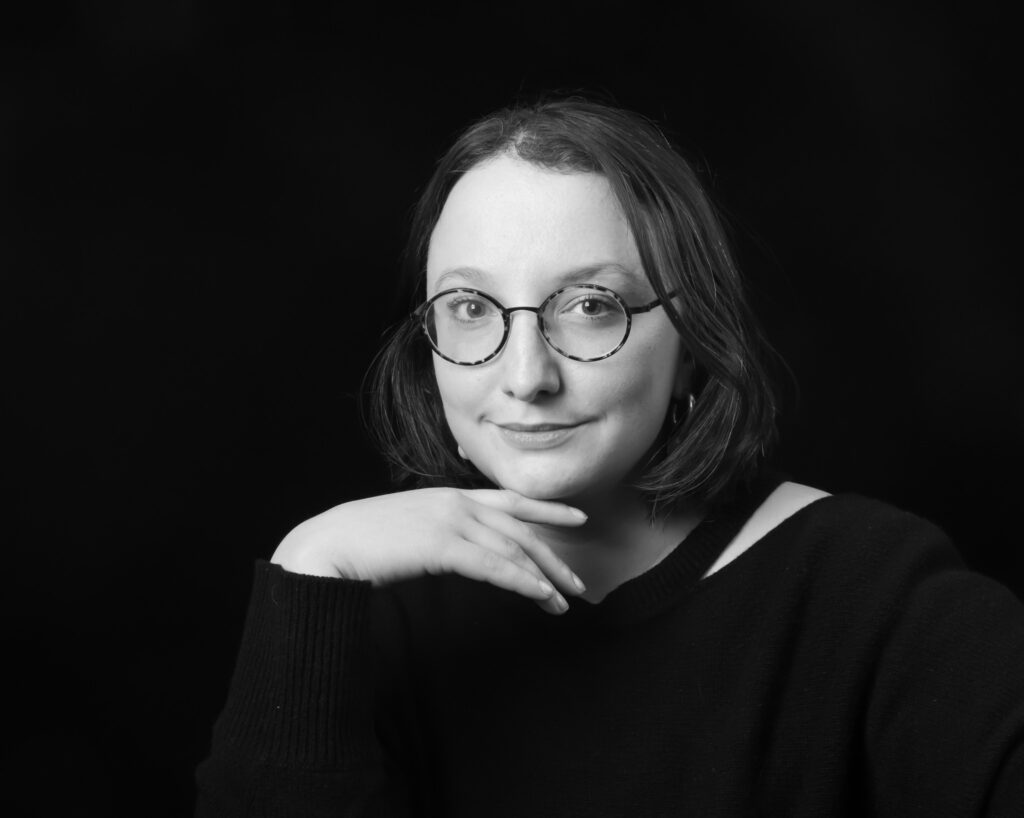Form is enjoying a robust comeback, with poets writing now not just in received forms like sonnets, villanelles, sestinas, ghazals, haiku, tanka (as well as free verse, itself a form), but also in a broad array of exciting new forms including golden shovels, bops, duplexes, syncopated sonnets, and more.
At the Poetry Seminar, we’re interested in form as a way to connect contemporary poets with the most ancient tools of our art, and especially with form’s flexibility to be adapted in ways that only the future can imagine.
When we look around now, we see form being used in exciting new ways to challenge political and other assumptions and, it turns out, as a tool that can be used not just to dismantle the Master’s House, but also to build a new house—maybe, even, to radically reconceive the notion of what a house is.
Our models will include older examples, but will emphasize contemporary and diverse poets such as Victoria Chang, Rhina P. Espaillat, Terrance Hayes, Tyehimba Jess, Marilyn Nelson, Patricia Smith, Diane Suess, AE Stallings, Michael Afaa Weaver, and others.
- Maybe you’d like to learn the forms so you can break them, or skew them, or critique them?
- Or maybe you’re less interested in writing in forms than in building skill with the craft techniques they employ? We’ll learn about tools like rhyme and meter, useful in writing any kind of poetry.
- Or maybe you don’t know much about formal poetry and just want to learn more?
If so, “Form and Freedom” is for you. It’s a conference-within-a-conference, with all the Poetry Seminar benefits—faculty craft presentations, workshops where you’ll receive focused attention, evening readings, and an ongoing conversation about our shared love for poetry.
This workshop will also offer you the opportunity to focus on form in your own workshop, working with like-minded poets who might answer yes to any of the questions above.

Jane Huffman’s debut collection, Public Abstract, won the 2023 APR/Honickman First Book Prize, selected by Dana Levin. Jane is a doctoral student in English and literary arts at the University of Denver and is an MFA graduate of the Iowa Writers’ Workshop. She is editor-in-chief of Guesthouse, an online literary journal. Her work has appeared in the New Yorker, Poetry, The Nation, and elsewhere. She was a 2019 recipient of the Ruth Lilly and Dorothy Sargent Rosenberg Fellowship from the Poetry Foundation.
